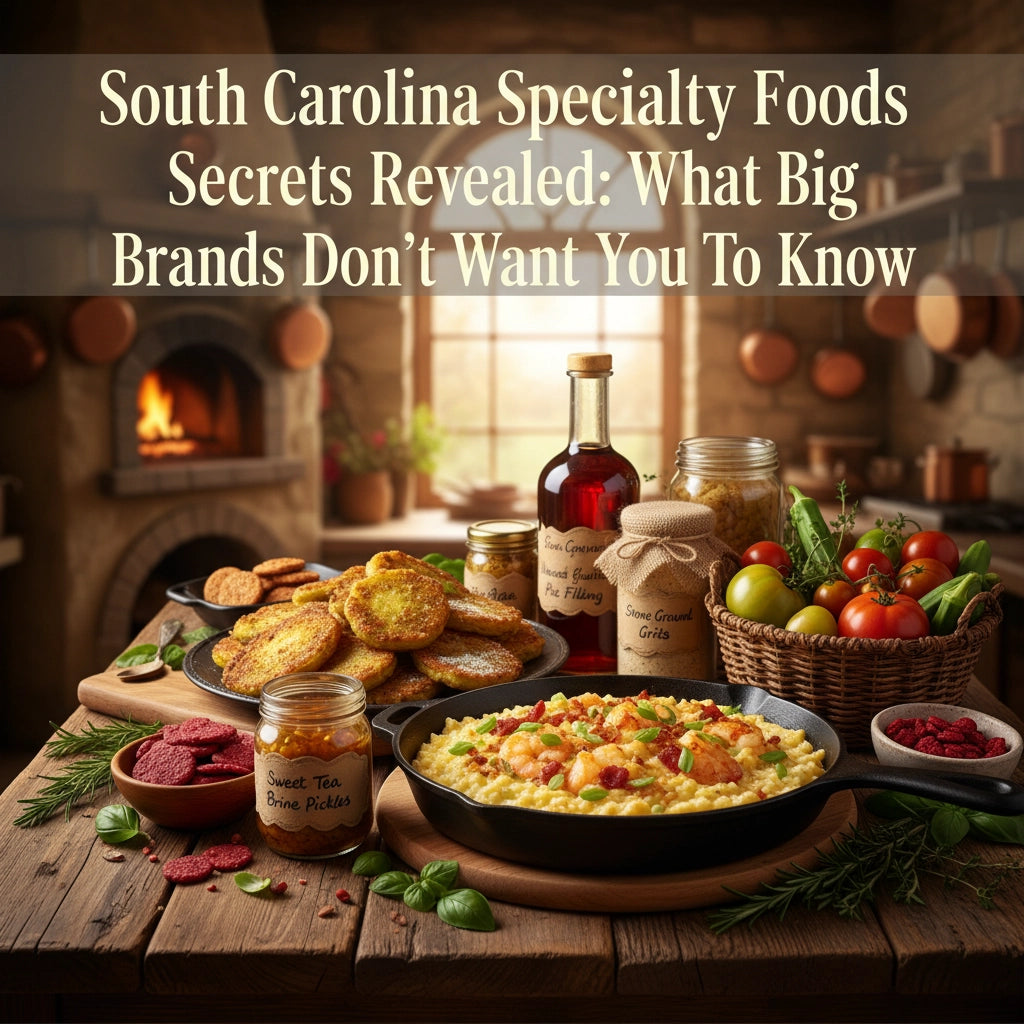
South Carolina Specialty Foods Secrets Revealed: What Big Brands Don't Want You to Know
Share
Let me tell you something about the food industry that nobody wants to admit: most of what you see on grocery store shelves isn't what it pretends to be. And here in South Carolina, where I'm building Apastioli from the ground up, that truth hits different when you're surrounded by centuries of authentic culinary heritage.
I don't own a farm yet. I don't have contracts with major networks or streaming services. I'm working with a copacker to bring our Italian-American red sauce to life, one small batch at a time. But you know what? That honesty is exactly what sets real South Carolina specialty food makers apart from the industrial food machine that's been pulling wool over consumers' eyes for decades.
The Smoke and Mirrors Game
Walk into any supermarket and you'll see rows of "artisanal" this and "craft" that. Big brands have figured out that people want authentic, small-batch products, so they've mastered the art of making mass-produced items look handcrafted. They'll slap a folksy label on a jar, use words like "grandmother's recipe," and charge premium prices for products made in facilities that pump out millions of units.
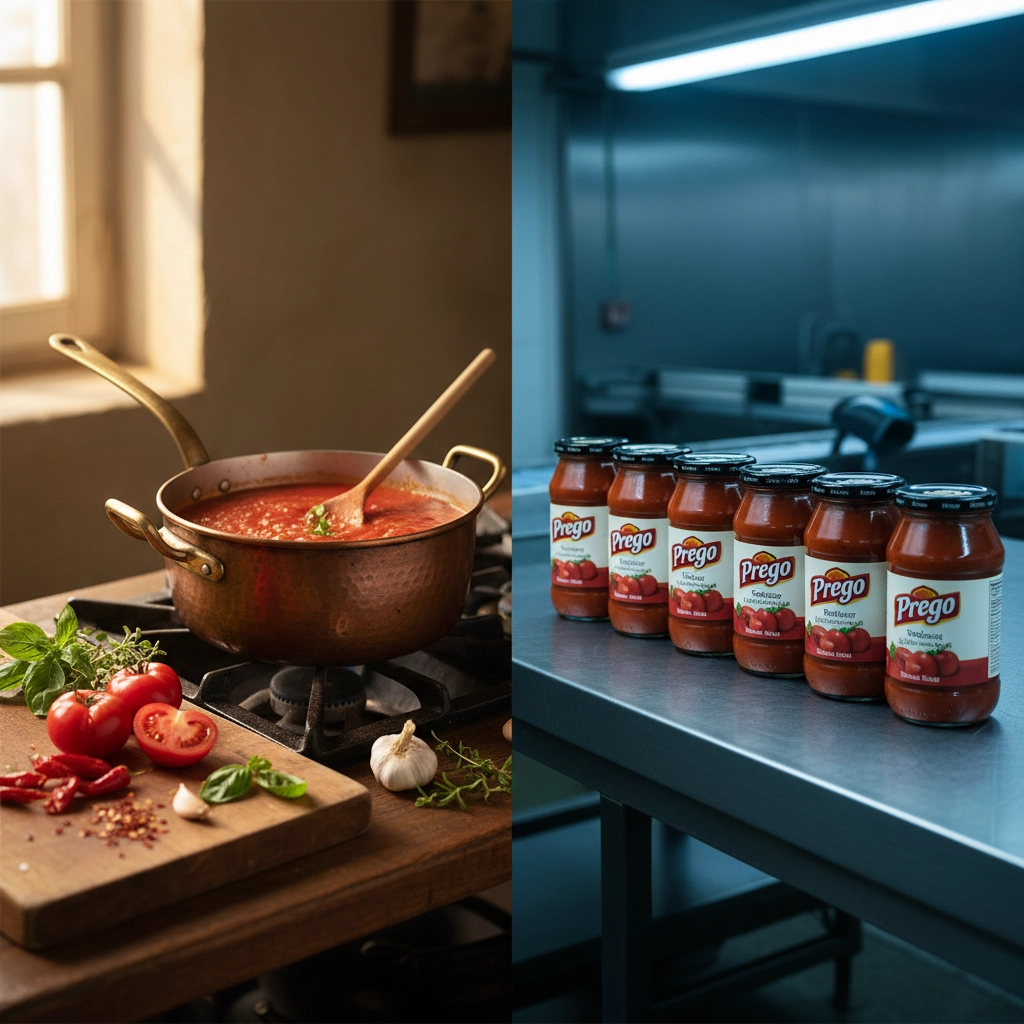
Here's what they don't want you to know: real small-batch production is messy, unpredictable, and expensive. When I'm working with my copacker to perfect our red sauce recipe, we're talking about adjustments by the teaspoon, not by the tanker truck. We're sourcing ingredients from suppliers who can tell you the exact farm where the tomatoes grew, not commodity brokers dealing in futures contracts.
The difference isn't just philosophical: it's in every single jar. But that authenticity comes with a cost that big brands aren't willing to pay and a vulnerability they can't afford to show.
Carolina Gold and the Heritage They Forgot
South Carolina's food story runs deep, and it's built on ingredients that corporate America has largely abandoned. Take Carolina Gold rice: this isn't just any grain. It's an African strain that thrived in our coastal climate, prized for its nutty flavor and perfect texture. You won't find it in most grocery stores because it doesn't fit the industrial model. It's harder to grow, more expensive to process, and impossible to mass-produce while maintaining quality.
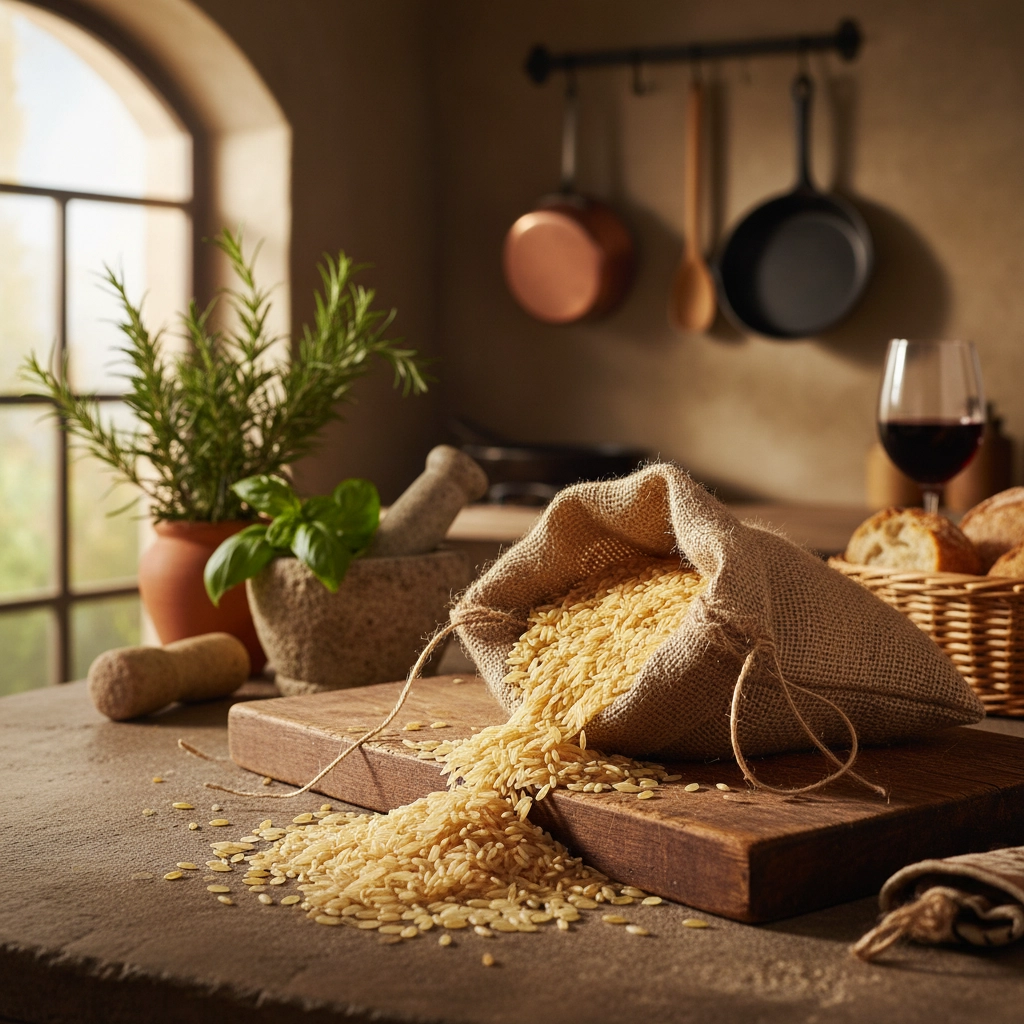
Companies like Anson Mills work tirelessly to preserve this heritage, but they're fighting against an industry that values shelf stability over soul. Meanwhile, mass-market rice brands pump out flavorless, one-size-fits-all products that couldn't hold a candle to what our ancestors were eating.
The same story plays out with Gullah Red Rice, a dish that carries the culinary wisdom of West and Central African traditions. This isn't something you can replicate in a factory: it requires understanding, patience, and respect for the culture it represents. Big brands have tried to bottle this magic with their "Charleston-style" products, but they miss the point entirely.
The Real Cost of Authenticity
Building something authentic in today's food landscape means accepting that you'll start small, make mistakes, and probably struggle financially. When I tell people that Apastioli doesn't have major funding locked down, that we're in talks with investors but nothing's signed, I watch their faces change. In a world of food startups claiming overnight success, radical honesty feels almost reckless.
But here's the thing about South Carolina's specialty food community: we're not trying to be the next unicorn startup. The South Carolina Specialty Food Association represents producers who understand that keeping money in local communities matters more than impressing venture capitalists. These are people making she-crab soup with actual female blue crab roe, not some artificial substitute that can survive shipping nationwide.
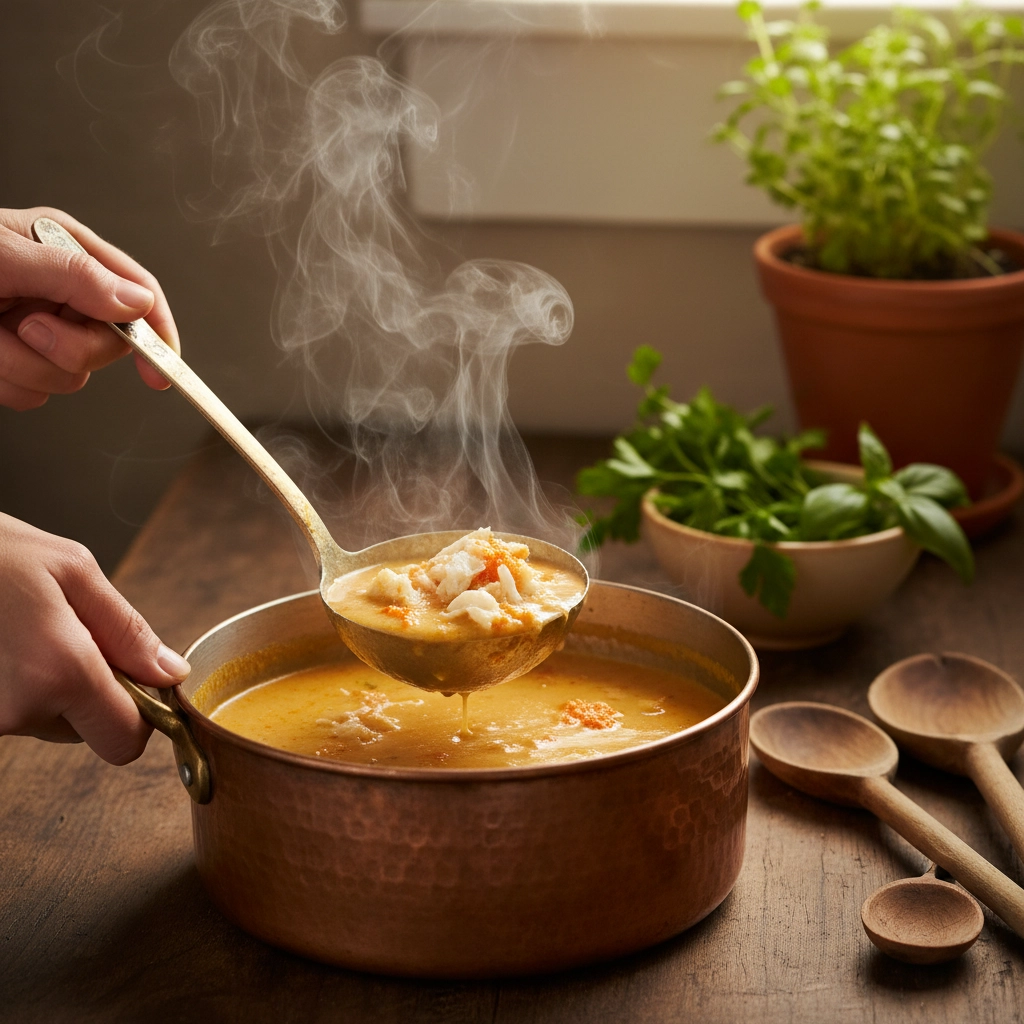
When a local producer makes authentic shrimp and grits using stone-ground corn from Adluh Flour Mills and fresh-caught Lowcountry shrimp, they're not trying to compete with frozen dinner versions. They're preserving something that can't be replicated at scale without losing its essence.
Faith in the Process
My faith journey brought me to this work, but not in the way you might expect. After hitting rock bottom and finding redemption, I learned that building something meaningful requires patience, humility, and trust in a process that doesn't always make business sense. Big brands operate on quarterly reports and profit margins. They can't afford to wait for the perfect tomato harvest or source ingredients based on relationships built over years.
Working hands-on in developing our red sauce recipe has taught me that food production, done right, is a form of prayer. Every adjustment, every tasting, every decision about sourcing connects you to something larger than profit and loss statements. It's about nourishing people, honoring traditions, and creating something that adds genuine value to the world.
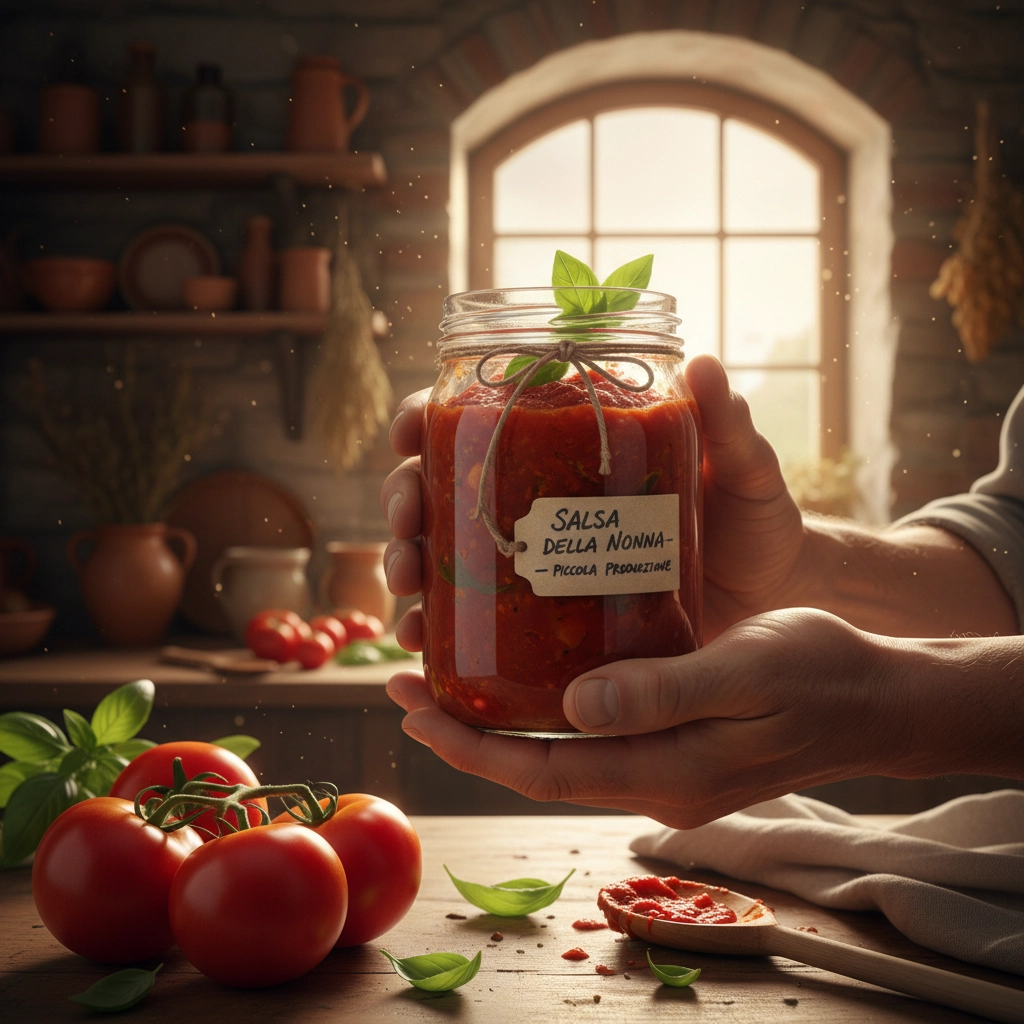
The corporate food industry has largely lost this connection. When you're producing millions of jars, individual care becomes impossible. Quality control means consistency, not excellence. Innovation means finding cheaper ingredients, not better ones.
What Local Really Means
True local specialty food production in South Carolina operates differently than the "local" sections you see in chain stores. Real local means knowing your suppliers personally, understanding seasonal variations, and accepting that some years will be better than others. It means using commercial kitchen facilities specifically designed for small-scale producers, not repurposed factory lines.
The South Carolina producers I admire most are the ones willing to admit when they're starting out, when they're learning, when they're not quite where they want to be yet. They understand that authenticity isn't about perfection: it's about transparency and genuine commitment to craft.
When big brands try to capture this local feel, they miss the most important ingredient: vulnerability. They can't admit mistakes, can't show the messy process, can't let customers see behind the curtain because their business model depends on projecting infallibility.
Building Something Real
So here I am, building Apastioli without the farm I dream about, without the streaming deals that might never come, without the funding that would make everything easier. What I have is a vision, a copacker who believes in what we're doing, and a commitment to transparency that feels risky in an industry built on smoke and mirrors.
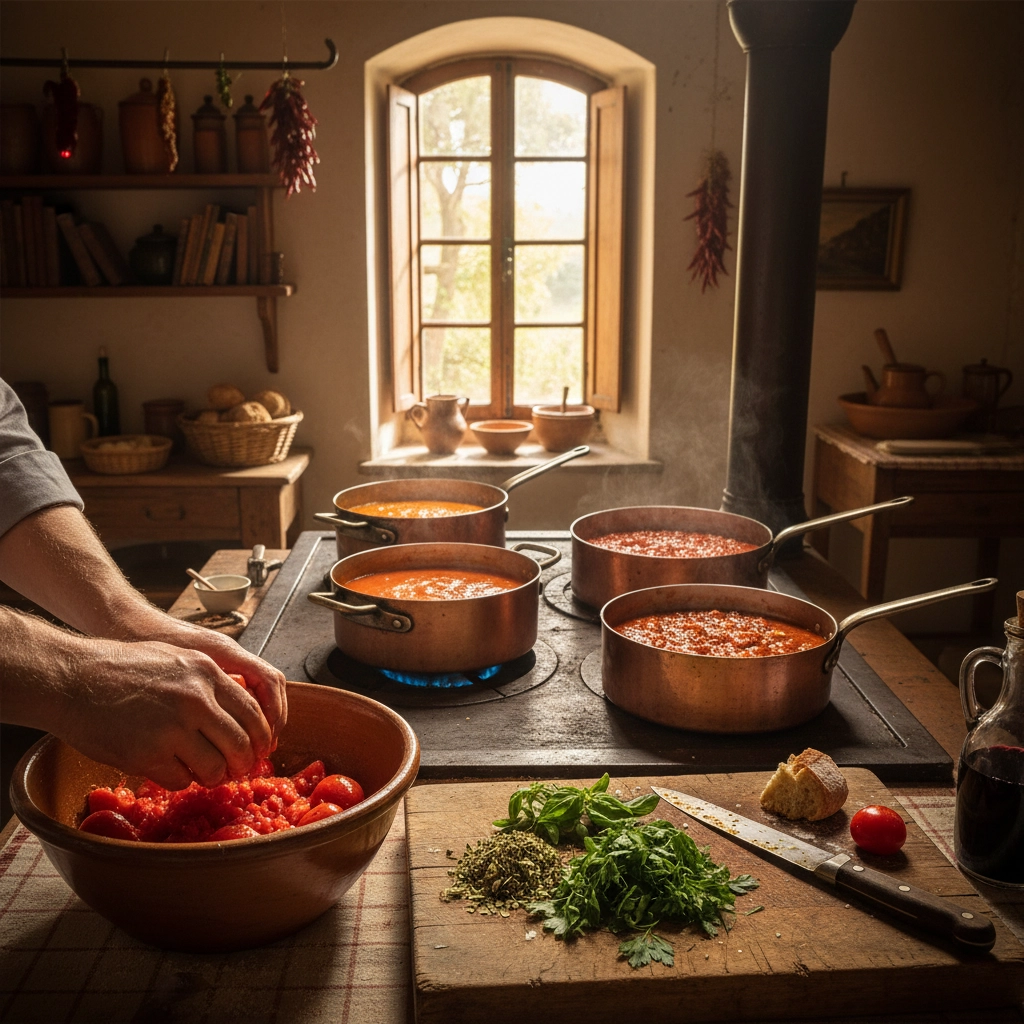
Every jar of our red sauce will carry this story: not the sanitized version that tests well with focus groups, but the real one. The one where success isn't guaranteed, where we're learning as we go, where faith and food intersect in ways that don't always make perfect business sense.
This is what big brands don't want you to know: authentic food production is still possible, but it requires accepting imperfection, embracing transparency, and building community one relationship at a time. It means choosing substance over marketing, craft over convenience, and truth over whatever sells better.
The secret isn't really a secret at all: it's just that most companies aren't willing to do the work, take the risks, or show the vulnerability that real authenticity requires. But here in South Carolina, surrounded by centuries of culinary wisdom and a community of producers who understand what matters, that authenticity is not only possible( it's the only way forward that makes sense.)
